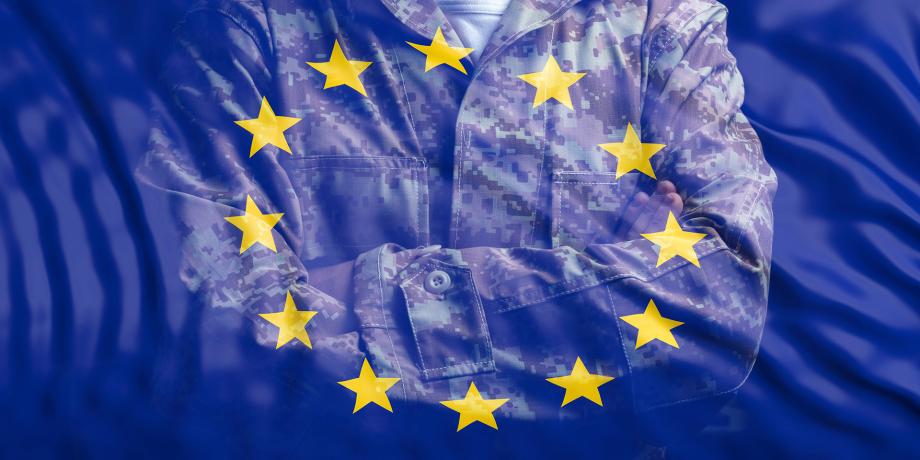Is Europe Really Ready for Its Own Military Force?

Is Europe Really Ready for Its Own Military Force?
by Martin Reguli
While the perception of the need for stronger EU defense capabilities seems to go unchallenged, member states can’t agree on the scope, goals or structure this cooperation should have.
The European Union has been facing turbulent geopolitical moments outside as well as inside its own borders. These factors have prompted the EU’s key personalities to become more outspoken about what they see as a key step in making the EU a truly global player: developing its own defence capabilities so that the EU can project military power and act collectively as a military force.
These goals have been recently voiced by French President Emanuel Macron. The question remains as to how many allies among the European countries he has.
While the perception of the need for stronger defense capabilities of the European Union seems to go unchallenged, member states can’t agree on the scope, goals or structure this cooperation should have. The internal divergence of the different blocs within the EU remains and has manifested itself in the approach to Russia, Turkey and the migration crisis, all of which have ignited fierce debates on the extent and direction of the involvement that the EU should provide.
The political guidelines for the next European Commission speak of the attempt for a genuine European Defence Union within the next five years. However, given different defense priorities and eagerness for integration among member states, the path forward is not yet really clear.
This article was published on Fair Observer on 25 November 2019. To read full article, please visit: https://www.fairobserver.com/region/europe/european-defense-force-eu-army-security-nato-news-18111/
What is more, the text was published in Slovak „Čo stojí v ceste európskej obrane“ in SME daily and in available here: https://komentare.sme.sk/c/22270030/co-stoji-v-ceste-europskej-obrane.html
This article is published within GLOSBEC DIFF GOV — European Governance: Potential of Differentiated Cooperation project supported by Jean Monnet Actions of the EU’s Erasmus+ program.
The European Commission support for the production of this publication does not constitute an endorsement of the content, which reflects the views only of the authors, and the commission cannot be held responsible for any use which may be made of the information contained therein.
The views expressed in this article are the author’s own and do not necessarily reflect Fair Observer’s or SME’s editorial policy.